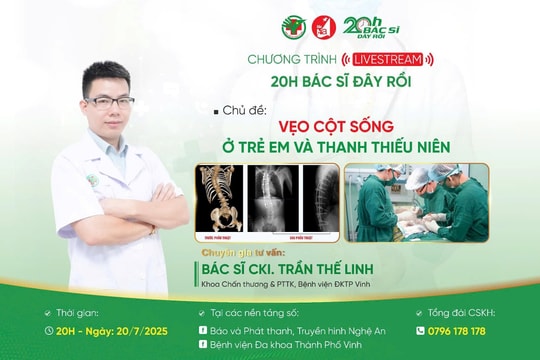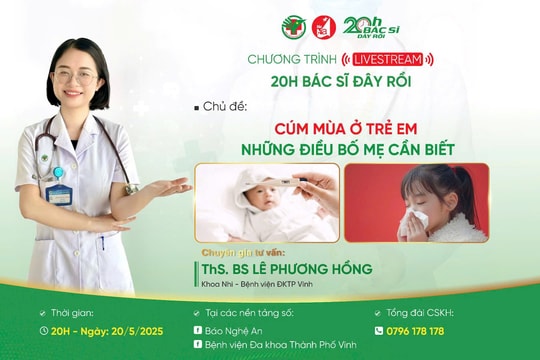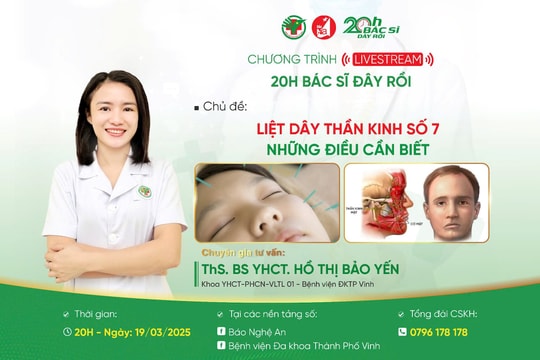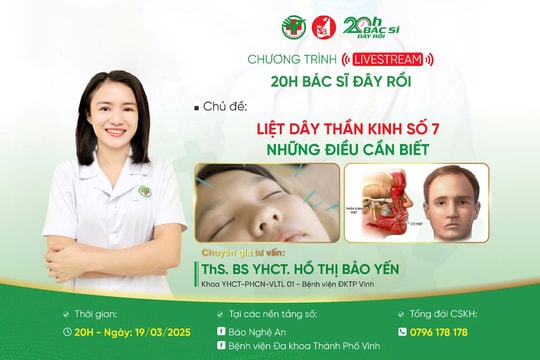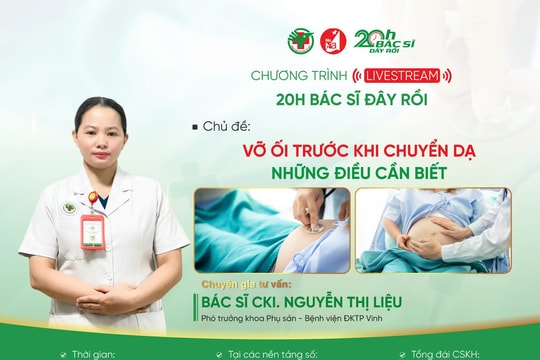Things to know when getting vaccinated against Covid-19
On the morning of March 8, Vietnam began administering the first doses of AstraZeneca Covid-19 vaccine to cities and provinces with Covid-19 cases.
Like all other vaccines used, the Covid-19 vaccine can cause unwanted reactions when injected into the body. This article by experts will help readers better understand this vaccine and what to keep in mind when getting vaccinated.
With the support of the COVAX Alliance and the initiative of a domestic enterprise, the first batch of Covid-19 vaccine produced by AstraZeneca has been brought to Vietnam. What are the characteristics of this vaccine when used in the world and what information do Vietnamese people need? This article would like to provide readers with the necessary information about this vaccine that has been confirmed by research around the world.
Covid-19 vaccines have been widely used since late 2020 after rigorous clinical trials amid a race to have a safe and effective vaccine against the pandemic.
A few words about AstraZeneca's Covid-19 vaccine
VaccineAstraZeneca's Covid-19 vaccine was approved by WHO under the emergency mechanism on February 15, 2021. Up to now, 25 countries have licensed the use of this vaccine, including Vietnam. In Southeast Asia, 4 countries have approved this vaccine mainly for reasons of access to vaccine sources. The vaccine has undergone phase 3 of clinical trials in 4 countries with a protection rate of about 63% against infection, but according to the manufacturer, the ability to prevent severe cases requiring hospitalization and death when fully vaccinated is up to nearly 100%.
The risk groups recommended by WHO include: People over 65 years old; people with underlying diseases; pregnant women; breastfeeding women; people at risk of HIV exposure (no need to test for HIV infection before vaccination); people with immunodeficiency (can be vaccinated if they are in the risk group); people previously infected with SARS-CoV-2 (vaccination is still indicated, but not for those who are testing positive and only vaccinated after 6 months of treatment).
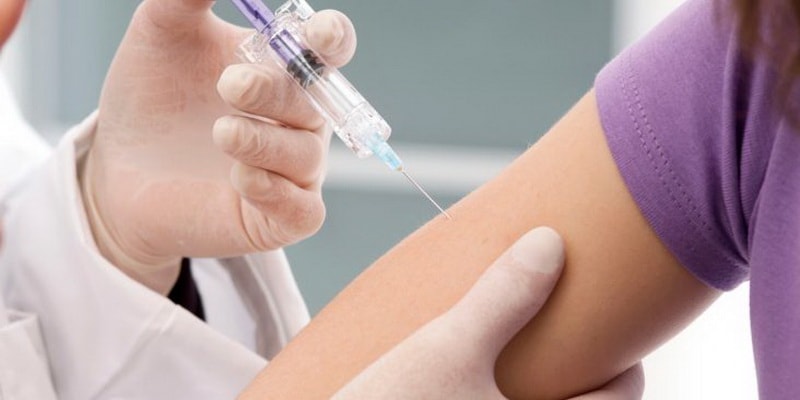 |
| Safety must be ensured when administering the Covid-19 vaccine. |
In Vietnam, the vaccination strategy is to use the vaccine for the frontline anti-epidemic group, the next group is the essential workers - providing services and having to come into contact with many people, then the elderly and those with underlying medical conditions.
Ensuring safe vaccination
To ensure vaccination safety, people participating in vaccination need to prepare before getting vaccinated, such as self-assessing their own risks, if there is a risk of infection.Covid-19need to be tested to ensure that they are not infected with the virus. If there are any symptoms such as fever or infection symptoms, they need to notify the medical staff and not go to the vaccination site. In addition, if you have a serious/progressive underlying disease, you need to be treated stably before getting vaccinated because it is very easy for coincidences to happen and can be blamed on the vaccination. At the time of vaccination, the person participating in the vaccination needs to fully inform the medical staff about their health status, including medical history, history of allergies to any agent, especially allergies to the previous dose of Covid-19 vaccine.
During the vaccination session, it is necessary to comply with the regulations and instructions of the medical staff, wear a mask, and avoid touching public places. Cooperate with the vaccination staff to check the bottle label if requested. When sitting, face the direction away from the medical staff. Provide complete information when requested and check the vaccination confirmation card when it is returned.
After the injection, you need to stay at the vaccination site for consultation and monitoring by medical staff for at least 30 minutes. Immediately notify medical staff if you notice any abnormalities in your body. Note signs of discomfort, nausea, rash, and swelling at the injection site, which may be signs of an allergic reaction.
 |
| Doctor Du Le Thanh Xuan, one of the first three Vietnamese citizens to receive the Covid-19 vaccine. |
After returning home, the vaccinated person needs to monitor their health for at least 2 days. Points to note include local signs such as swelling, heat, redness at the injection site (absolutely do not apply anything to the injection site). Monitor body temperature, take the temperature when having a fever, use the correct dose of antipyretics and monitor the response to antipyretics. If any health abnormalities are detected, immediately notify medical staff for advice and timely treatment. Risk signs include: high fever over 39oC, difficulty lowering temperature, or fever lasting more than 24 hours; convulsions; rash; mental discomfort, agitation, lethargy,...; difficulty breathing or other unusual health symptoms, go to a medical facility immediately.
Vaccination confirmation cards should be kept carefully and brought to the vaccination site when receiving the next dose. Although reactions that may occur when receiving the Covid-19 vaccine are not common, for those who are re-vaccinated and have underlying medical conditions, careful health monitoring is essential to avoid unnecessary risks. All information about health after vaccination should be provided to medical staff, so that post-vaccination reaction monitoring can properly assess the characteristics of the vaccine as well as help the health sector promptly make necessary adjustments related to vaccines and vaccination.

